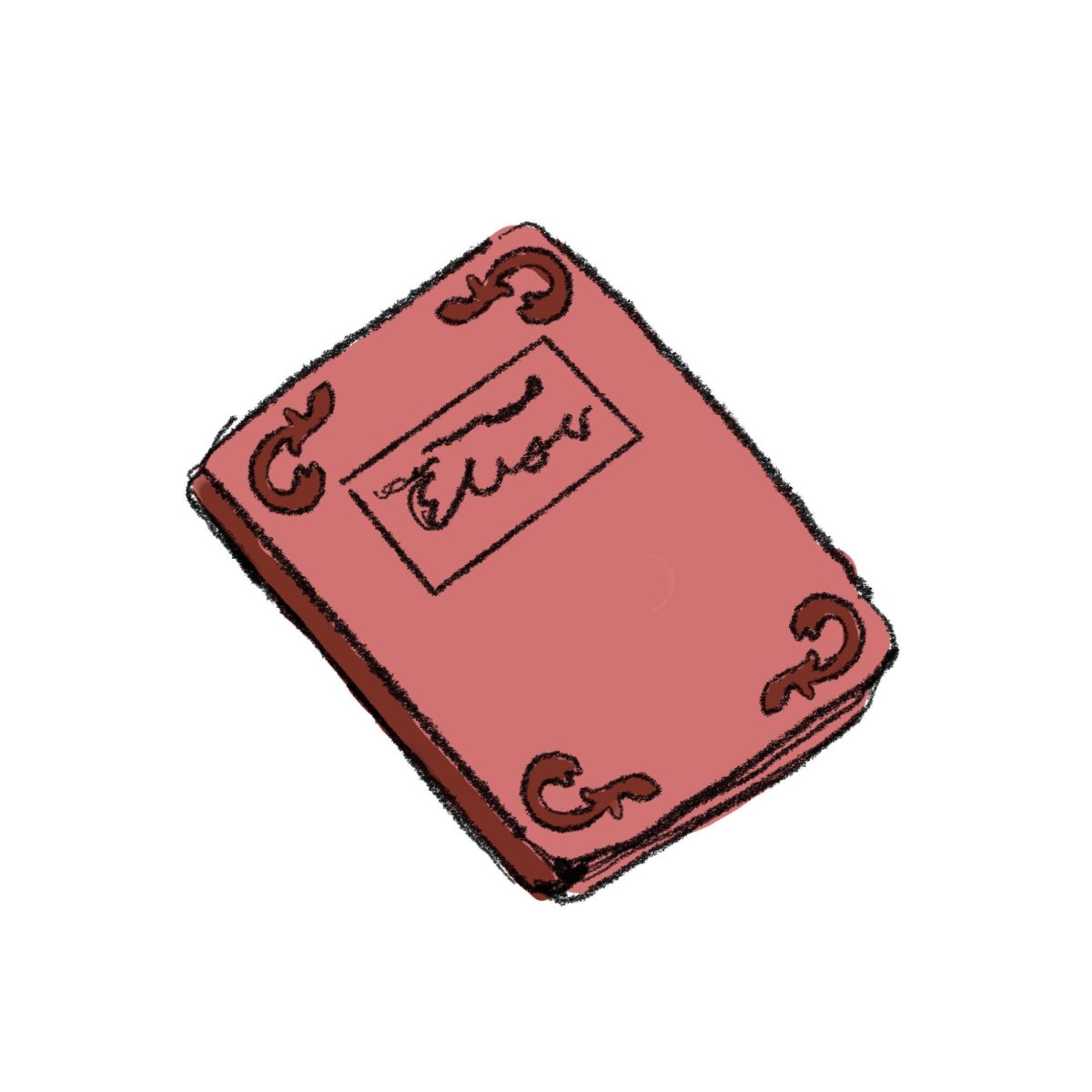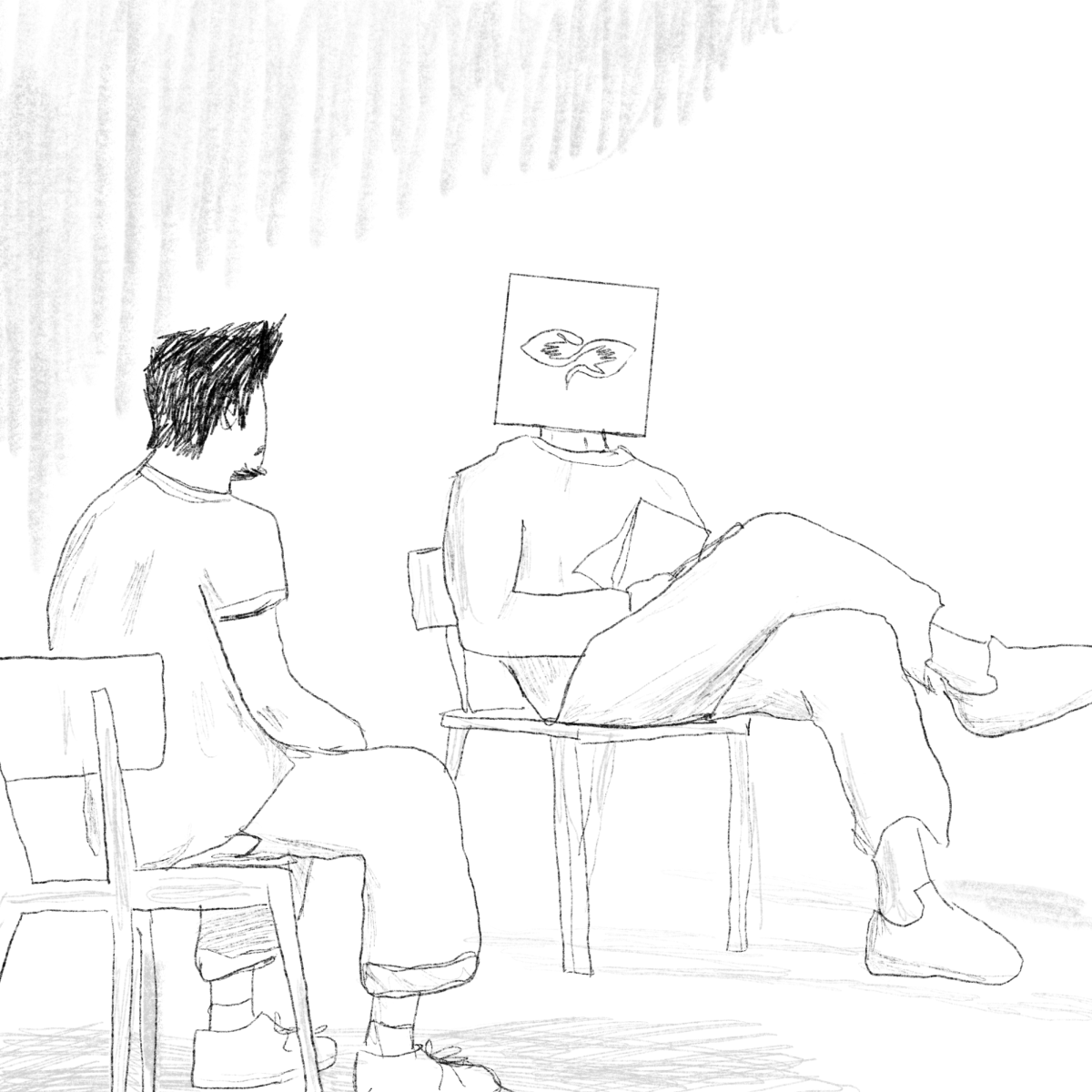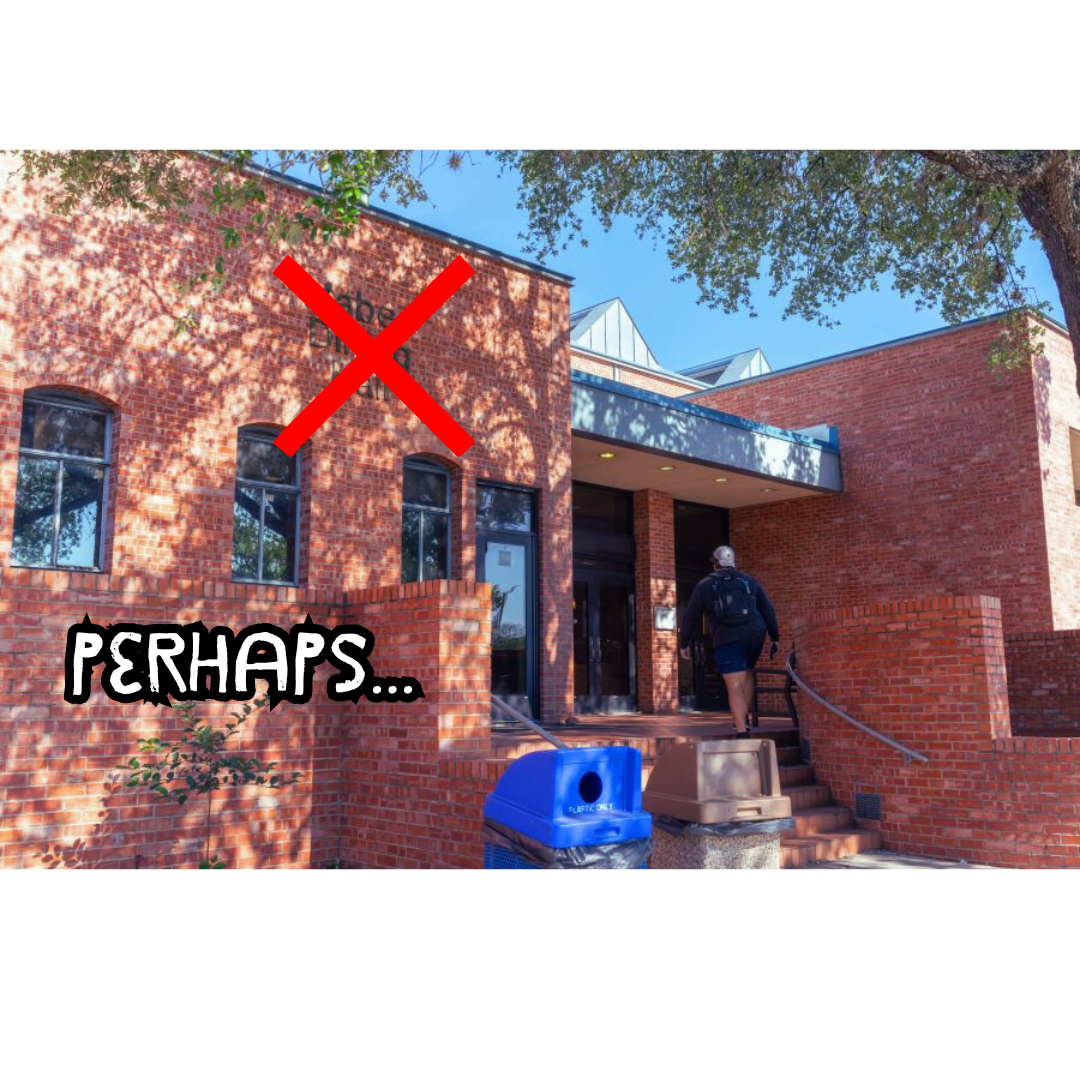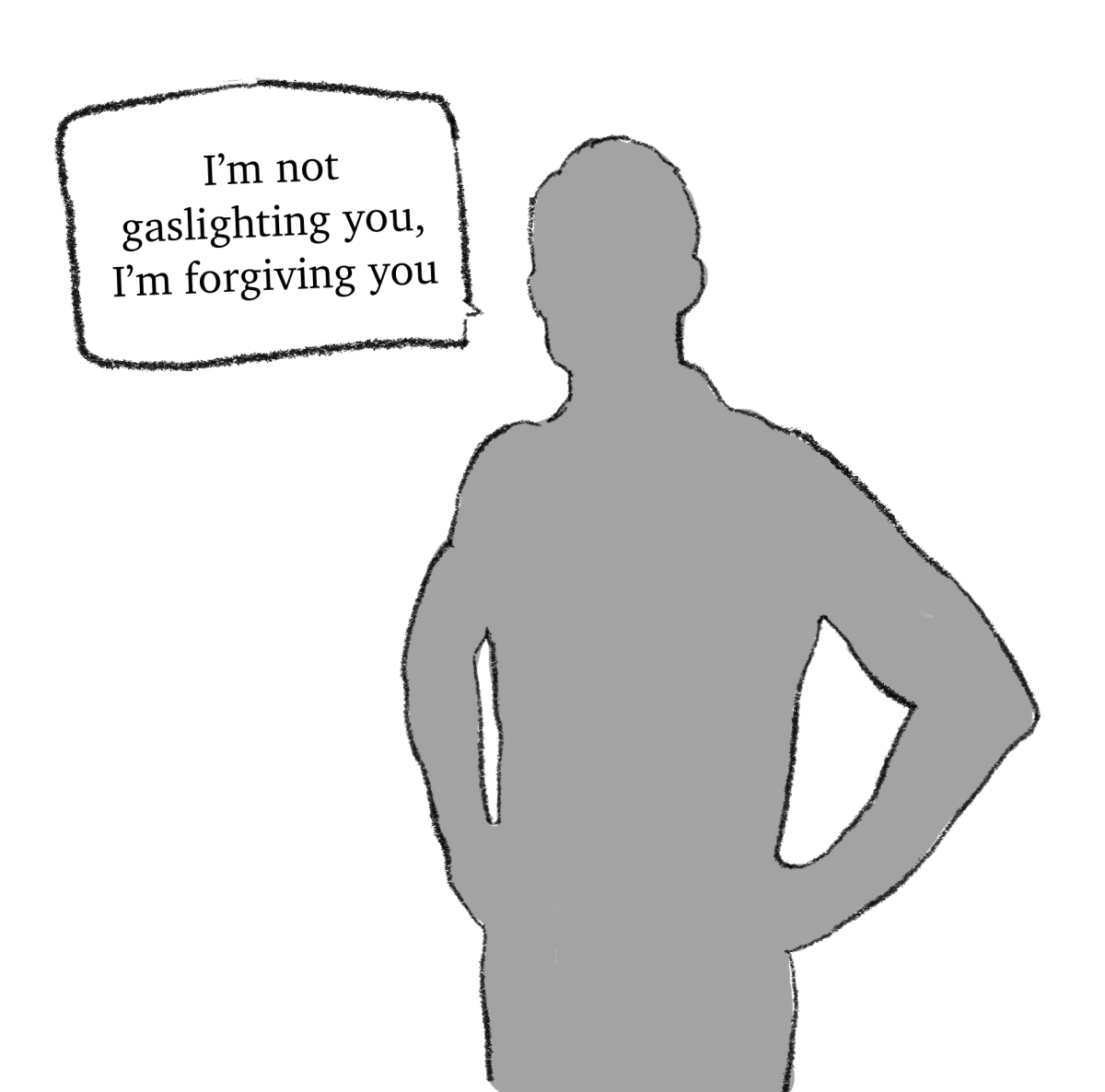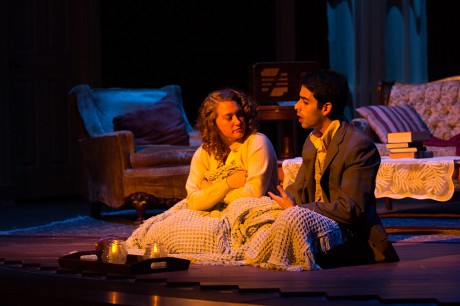
With the upcoming election, the stage is set for Trinity Theatre’s production of Tony Kushner’s political thriller “A Bright Room Called Day” to open this weekend. This fact is made all the more palpable by the fact that one of the play’s characters, Zillah Kats (Junior Kat Rodriguez), mentions the election herself, addressing the audience directly about current events.
The main body of the play is set in early 1930s Berlin during the rise to power of Adolf Hitler and the Nazi Party, and concerns a dynamic circle of friends who find themselves on the threshold of what at first seems only a passing political trend. While all are sympathetic to the opposing German Communist Party (KPD), the members of the group respond differently to the changing world and their opportunities to act, ultimately emphasizing the paralysis which makes the impending historical tragedy possible.
“It really puts you on the spot politically,” said director and professor of human communication and theatre Susanna Morrow, “It really does call up a lot questions like “˜how responsible am I for what’s going on in the world? What can I do? What should I do?'”
The character of Zillah is a focus for these questions. A graduate student surrounded by books and stimulants, she is prompted to find a “precedence for these paranoid times.” As Kushner directs in his production notes, Zillah’s role must be continually updated with references to “whatever evil doing is prevalent at the time of the production.” This was one of the challenges the play presented.
“The part from Kushner I preserved is the spirit of the thing, that Zillah is “¦ driven by a sense of paranoia,” Morrow said, adding that Kushner said it is better to be paranoid than naà¯ve.
Zillah’s character is arguably shifted more to the center of the political spectrum in these rewritten monologues, as compared with Kushner’s original diatribes, which were inspired reactions to the Reagan administration when he wrote the play in the 1980s. They present a series of colorful images that connect the audience to the otherwise historical drama in a fresh way; Chuck Norris is even mentioned.
While Zillah opens the show by addressing the audience and continues to interrupt the main action of the play supplying her own observations and historical context, the characters of 1930s Germany present a broad emotional range of traumas and high-jinx.
The circle of friends has its center in Agnes Eggling, who is faced more than anyone with the paralyzing fear to act.
“It breaks my heart to run the beginning of the show because as I speak as Agnes, there is a part of my heart that knows how everything will end up for her. I wish I could change her fate,” said sophomore Lisa Ashby.
At least initially, Agnes’ apartment provides a place of warmth and humor well utilized by energetic performances. The chemistry between Agnes and her lover Vealtnine Husz (senior James Jarrot) is never doubted and never fails to be entertaining. The one-eyed Husz’s Hungarian accent may seem out of place at first, but that is the idea, as he himself is a political exile whose estrangement foreshadows what is to come.
Each member of the fellowship brings another ideology into Agnes’ living room, from the incendiary Annabella Gotchling (First-year Nicole Lumpkins), an artist for the Communist Party, to the rising film star Paulinka Erdnuss (Senior Emma Baker) who bounces between psychoanalysis and smoking opium, to Gregor Bazwald (Senior Kauveh Khozein), an employee of the Berlin Institute for Human Sexuality who claims that Hitler is simply providing a violent release from sexual frustration. Meanwhile, two KPD members Roda Malek (Sarah Munroe) and Emil Traum (first year Josh Humpheys) act as harbingers of the coming revolution, whatever it holds, and are almost comical in their radically different apprehensions of the situation, representing the paralysis of divisions from within.
Zillah is not the only somewhat removed character who highlights the historical perspective of the play; the devil himself makes a dashing appearance under the moniker of Gottfried Swetts (Josh Humpheys), and a mysterious old woman known as Die Alte (professor Sam Carter Gilliam) harasses Agnes when she is alone.
Gilliam, though keeping her role to some extent as a vocal coach for actors in the initial stages of the rehearsal process, emphasized her equal footing as an actress in the production.
“In the beginning of the process I told the cast, “˜I really want you to think of me as another member of the company,'” Gilliam said.
Gilliam’s character Die Alte is informed by cold blue-green lighting and eerie music during her scenes. Though a minor role, Die Alte is essential as a representative of “someone who chose not to do anything,” and presented a challenge for Gilliam despite her long experience as a professional actress.
“She has one foot in the world of the play and one foot in the world of history, past, present and future,” Gilliam said.
The elements that aid in the portrayal of Die Alte are just some interesting choices among the many that constitute the eclectic design of the show.
The action taking place in Berlin is all set in Agnes’ apartment, and in his production notes Kushner directs that “there should be something wonderfully warm and inviting about the place, and something verging on the fantastical.”
The paradoxical demands of the playwright are here met with the innovation of a few different minds. There’s an array of windows that betrays the watching eyes of the fascist regime, and projectors are used to aid in the visual construction.
“What the students will see is a product of a lot of different imaginations working on a problem together.” Morrow said.
Don’t miss out on the wide range of this political thriller, even though it teaches of heavy lesson. Performances run at 8 p.m., Sept 28 and 29, 2 p.m., Sept. 30, 7 p.m., Oct. 3 and 4 and 8 p.m., Oct. 5 and 6 in Stieren Theater. For tickets and information call 210-999-8515 or email tutheatre@trinity.edu.


